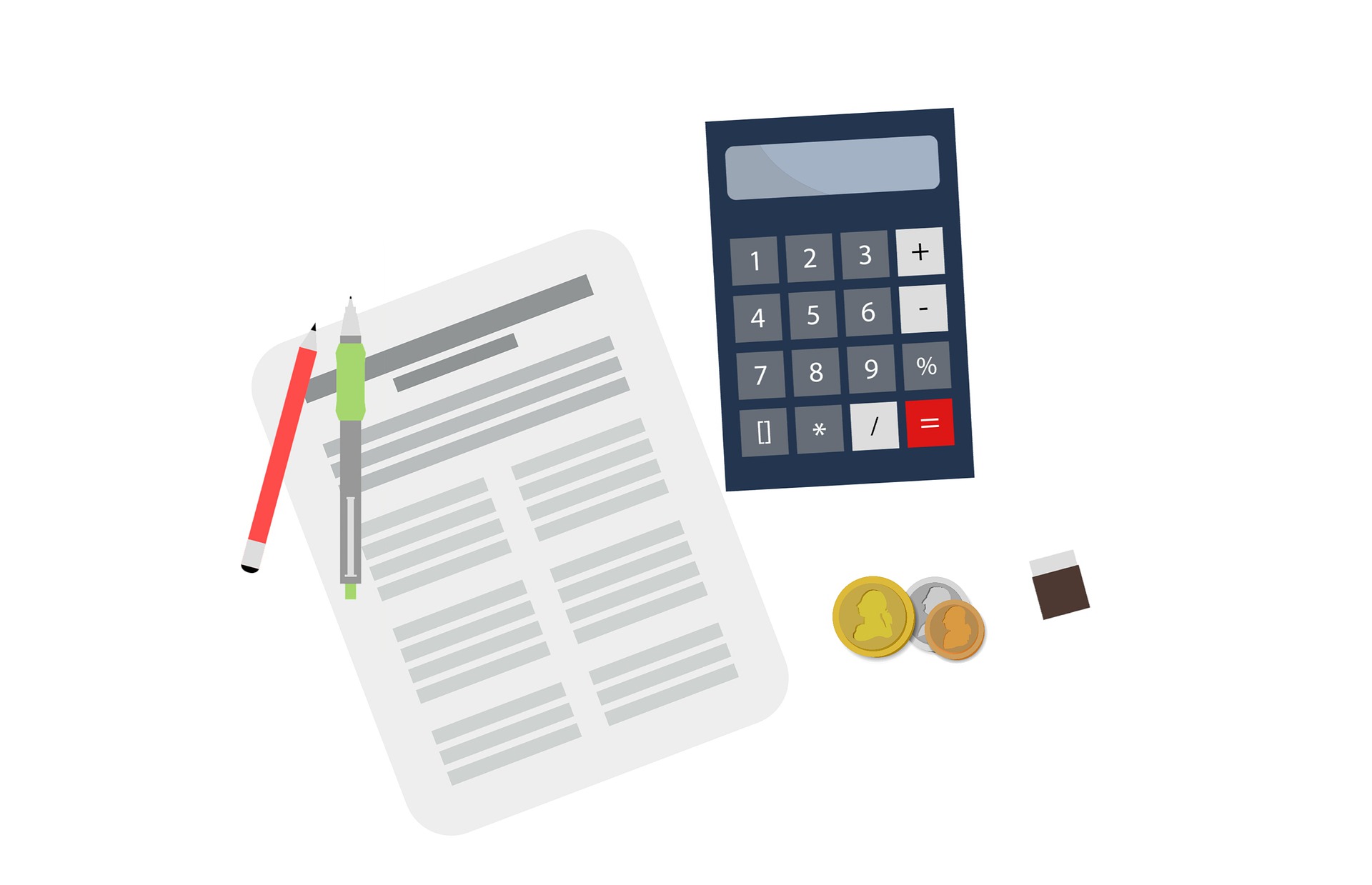Making the right career choice can feel like finding a lost ring. There are so many paths, and each one seems to lead somewhere different. Some look exciting but risky maybe not as rewarding. If we told you there is one path that is respected and opens the doors to a world of opportunity? That path is the CFA course –Chartered Financial Analyst course.
What is the CFA Course?
The CFA (Chartered Financial Analyst) program is a professional course offered by the CFA Institute, a global organization based in the United States. It is one of the most respected qualifications in the world of finance. The CFA course helps you become an expert in areas like investment management, financial analysis, stocks, bonds, and portfolio management.
How is the CFA Program Structured?
The CFA program is made up of three levels of exams: Level I, Level II, and Level III.
- Level I – This step focuses on basic knowledge and understanding of financial concepts, tools, and ethics.
- Level II – This level dives deeper and focuses more on how to apply that knowledge in real-life situations.
- Level III – This is the final level and teaches you how to manage portfolios and make professional investment decisions.
To become a full CFA charter holder, you need to pass all three levels, have some work experience (usually 3-4 years in a finance-related role), and commit to following the CFA Institute’s Code of Ethics.
What is in the CFA Syllabus?
The CFA syllabus is designed to build your knowledge step by step. Here’s a simplified look at what you’ll learn:
- Ethical and Professional Standards – Teaches you how to be fair, honest, and responsible in your work. Super important in the finance world!
- Quantitative Methods – Learn how to understand numbers and use data for smart decisions.
- Economics – Understand how the world economy works and how it affects companies and investments.
- Financial Reporting and Analysis – Learn how to read and understand financial statements like income statements and balance sheets.
- Corporate Finance – Understand how companies make decisions about money, projects, and investments.
- Equity Investments – Learn all about the stock market and how shares work.
- Fixed Income – This is about bonds and loans – how they work and how to analyze them.
- Derivatives – These are advanced financial tools used to manage risk.
- Alternative Investments – Learn about real estate, private equity, and more.
- Portfolio Management and Wealth Planning – Understand how to build and manage a collection of investments for individuals or companies.
This is all about the CFA syllabus. If you want to learn this course then Zell education is always there for you.
Why is the CFA Qualification So Special?
Here’s why people across the world respect the CFA qualification:
- Practical Skills: Unlike some degrees that focus more on theory, the CFA program teaches you skills that professionals actually use in real jobs.
- Ethical Foundation: The CFA Institute puts a lot of emphasis on ethics. This means CFA holders are trained to do the right thing – which builds trust with employers and clients.
- Career Boost: Many top employers in banking, asset management, consulting, and finance look for CFA-qualified candidates.
- Affordable Compared to Other Courses: While not cheap, the CFA course is much more affordable than a full-time MBA from a top university. Plus, you can study while you work!
What Careers Can a CFA Open Up?
This is where the excitement really begins. After completing the Charted Financial Analyst course, a wide world of career opportunities opens up. Here are some popular options:
- Investment Banker – Help companies raise money and handle big financial deals.
- Portfolio Manager – Manage money for people or companies by investing in stocks, bonds, and other assets.
- Financial Analyst – Study markets, industries, and companies to give investment advice.
- Risk Manager – Help companies identify and reduce financial risks.
- Equity Research Analyst – Analyse stocks and suggest whether people should buy, sell, or hold them.
- Wealth Manager/Advisor – Help individuals manage their money and plan for the future.
Is the CFA Course Difficult?
It’s honest to say that the CFA course isn’t easy – it requires dedication, time, and a lot of studying. But it’s very doable if you plan well and stay focused. Many people complete the course while working full-time, which proves it’s manageable with some discipline.
On average, candidates spend around 300 hours studying for each level. But remember, every hour you spend is an investment in your future. The reward at the end – a respected qualification and a brighter career – is totally worth it.
How to Get Started?
Getting started with CFA is simple:
- Check your eligibility
- Register online
- Start studying
- Stay motivated
The CFA course leads the way in the finance world – respected, valuable, and full of opportunity. It is perfect for anyone who wants to build a strong, successful and great career in finance.









